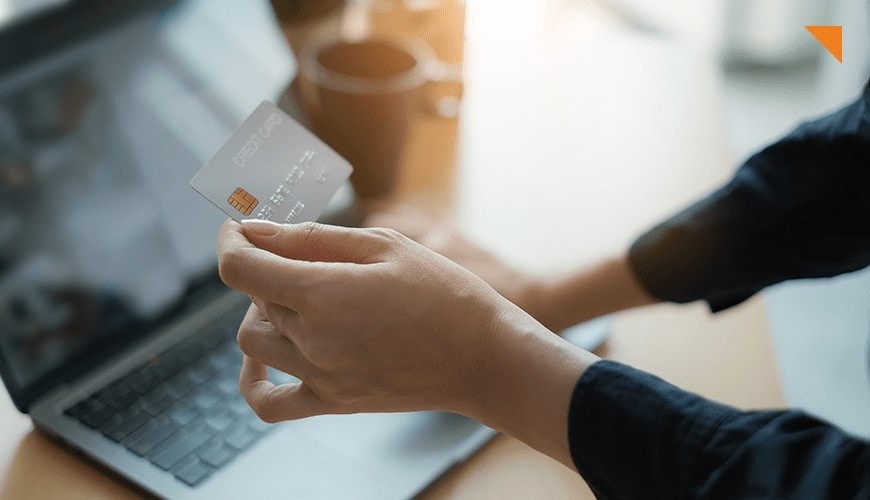Quick, easy, around the clock and from anywhere in the world - online shopping has been growing in popularity for many years and is now an integral part of our shopping habits. However, as popularity grows, so do the risks. Online stores are increasingly being targeted by criminal hackers, putting your safe shopping at risk.
Here are 5 typical risks when shopping online that you should keep in mind to protect yourself against potential attacks from hackers and cyber criminals:
Identity theft
Even if many people don't realize it, identity theft is one of the biggest security risks when shopping online. Cybercriminals try to steal as much of your personal data as possible through various methods. Once they have managed to do this and your data has been captured, it can either be sold on or misused for purchases, contracts and other criminal activities.
Fake shops
The internet is full of fake online stores and the anonymity of the internet makes it even easier for cyber criminals to lure people into their trap. With unbeatable offers and websites that look confusingly similar to the original stores, buyers are tempted to invest money in non-existent goods or disclose sensitive data. This allows the person behind the scam to log all the data you enter and steal your personal information. To minimize the risk and check whether the store is trustworthy, it often helps to take a look at the legal notice. It should at least list the company name and address.
Phishing
Phishing refers to "fishing" for information. Potential victims are often sent emails with manipulated attachments or links designed to trick buyers into entering personal data. Most links lead either to a malware-infected page or to fake websites of well-known online stores, banks or authorities. By entering access or bank details, these can be stolen and cause you considerable financial and personal damage.
Adware and malware
Who hasn't experienced this? While surfing online stores, ads and offers flood the screens. But these offers are not always genuine or serious. As soon as you click on the ad, you may be asked to share sensitive data or your device may be infected with malware. So if possible, avoid clicking on pop-up ads and bear in mind that clicking on the "X" can also infect your device.
Unencrypted data and insecure payment methods
There are many ways to pay for purchases online, but caution is advised. For example, paying by direct debit, where the buyer sends their account details to the seller and authorizes them to debit the amount, is convenient, but at the same time allows account details to be spied on if the transfer is not encrypted. Before making a purchase, you should always make sure that the website uses SSL encryption. This can be recognized by the URL beginning with "https" instead of "http". Data can also be misused when paying by credit card and care should be taken to ensure encrypted transmission.



